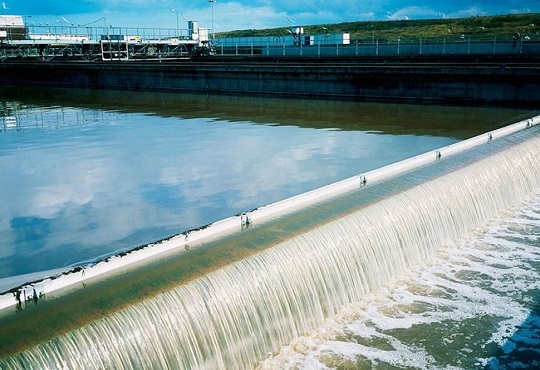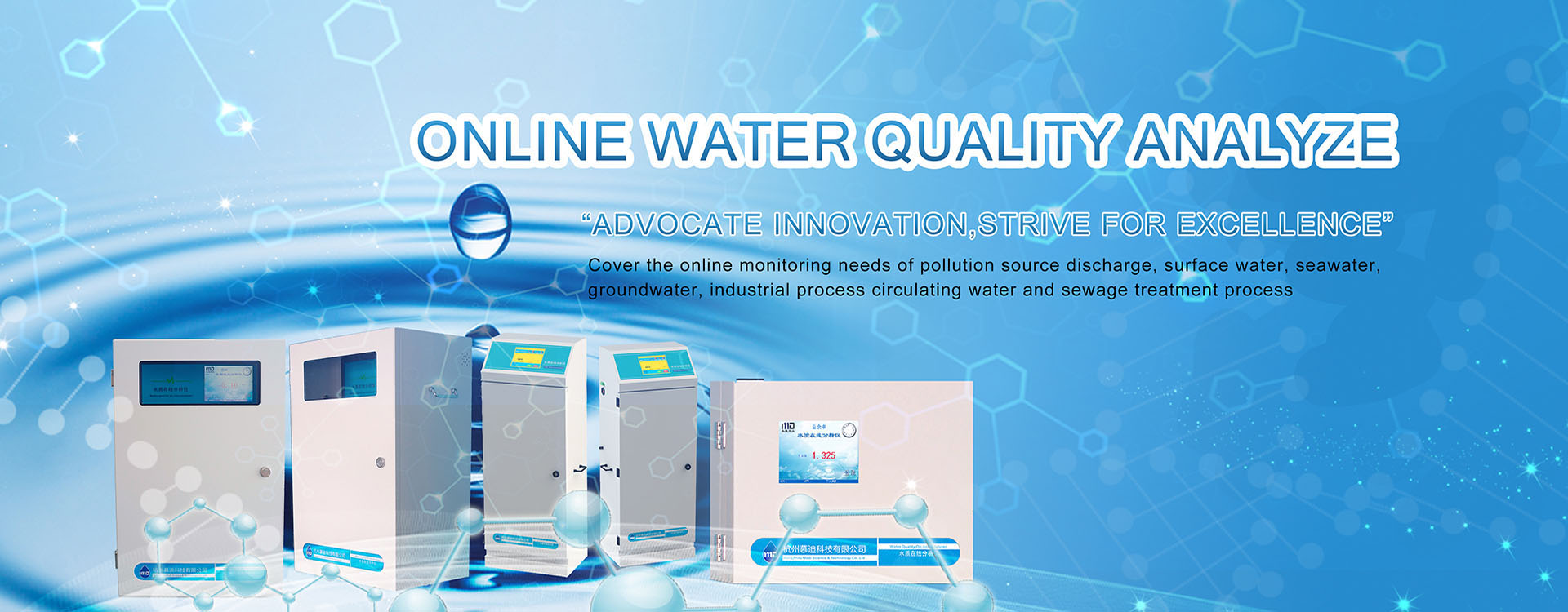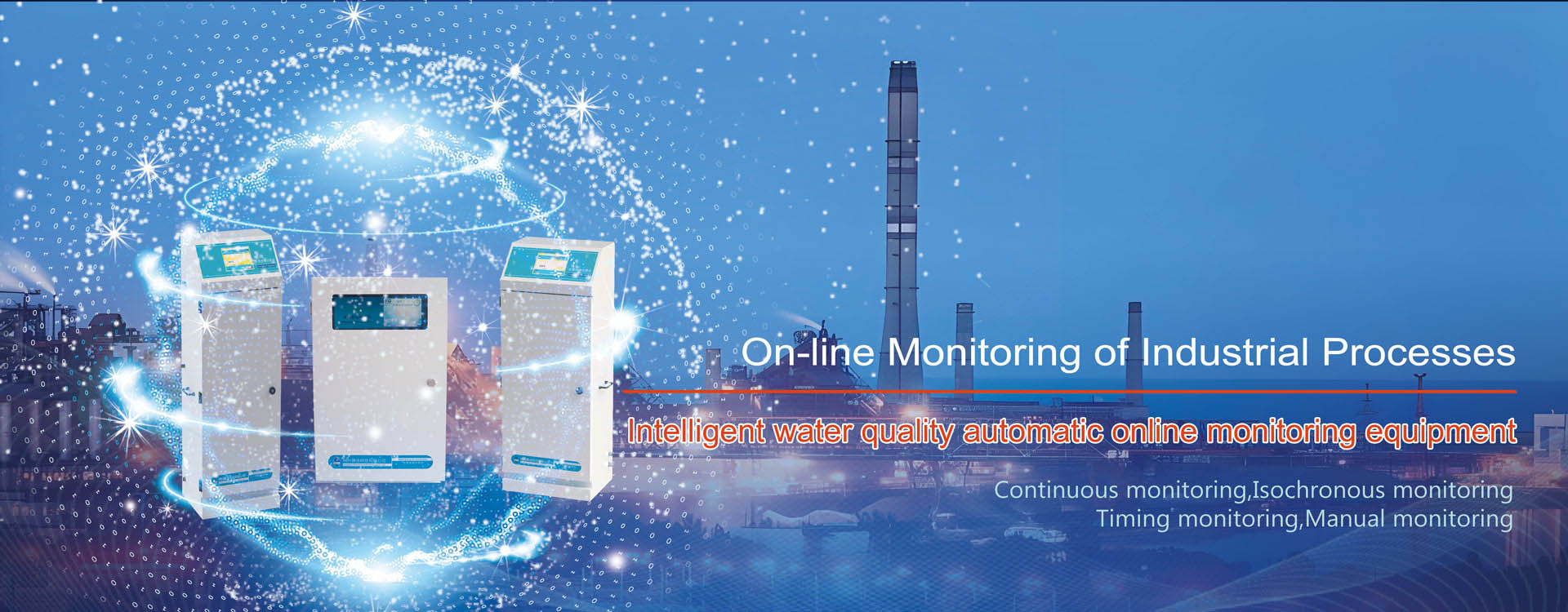Hospital wastewater contains pathogens (such as Escherichia coli). Once it enters groundwater, it can cause harm to human health, so wastewater cannot be directly discharged. It needs to be treated to meet standards before discharge!
The water quality of hospital wastewater is quite unique, containing toxic and harmful substances such as acid, alkali, suspended solids, BOD, COD, and animal and vegetable oils. Moreover, the pollution factors of wastewater generated by different departments and departments vary, such as heavy metal wastewater, oily wastewater, printing wastewater, radioactive wastewater, etc. So it must be treated before being discharged, especially the wastewater discharged from infectious disease wards such as hepatitis, which must be disinfected before being discharged. And before discharging, it is necessary to monitor thoroughly and ensure that the data does not exceed the standard before discharging!

Online water quality monitoring instrument for Escherichia coli:
The WECT-900 water quality Escherichia coli online analyzer adopts the international standard method, and the principle that the change in light signal after enzyme and bacterial culture reaction is proportional reflects the total amount of bacteria or the number of Escherichia coli groups in the sample. Easy to operate, integrated report generation, real-time monitoring of the entire process, and dynamic display of test project response curves. Its working principle is that the Escherichia coli testing technology is an Escherichia coli detection system based on biosensing technology, which provides an effective detection method to deal with water pollution. The number of Escherichia coli in water samples can be expressed by comparing the degree of weakening of solution light intensity with the non-toxic control blank experiment.




